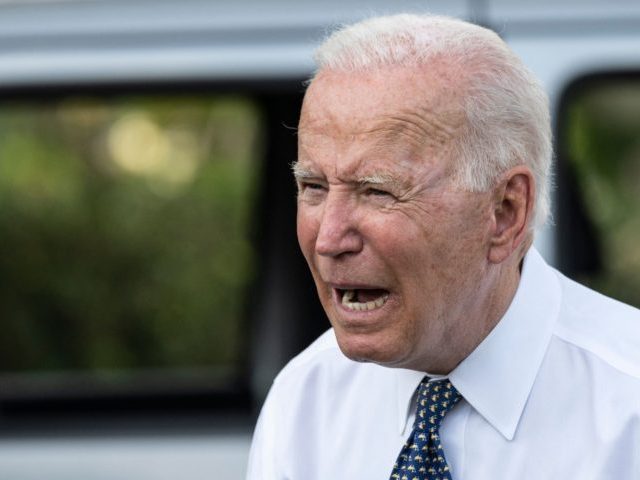The confidence of Americans in the economy suffered an unexpected severe collapse in the first weeks of August.
The University of Michigan’s Consumer Sentiment index fell to 70.2 from the end of July score of 81.2, the lowest score since 2011.
“Consumers reported a stunning loss of confidence in the first half of August,” said Richard Curtin, the survey’s chief economist.
The score was lower than the 71.8 hit at the depths of the pandemic lockdown in April 2020.
The expectations component of the survey fell to 65.2 from 79. The current conditions component fell from 84.5 to 77.9.
“Over the past half century, the Sentiment Index has only recorded larger losses in six other surveys, all connected to sudden negative changes in the economy: the only larger declines in the Sentiment Index occurred during the economy’s shutdown in April 2020 (-19.4%) and at the depths of the Great Recession in October 2008 (-18.1%),” Curtin explained in a statement.
The loss of confidence was “widespread across income, age, and education subgroups and observed across all regions. Moreover, the loses covered all aspects of the economy, from personal finances to prospects for the economy, including inflation and unemployment,” Curtin said.
Medium term inflation expectations got worse in August, with the public expecting three percent inflation, above the 2.8 percent in July. One-year inflation expectations came in at 4.6 percent, one-tenth of a point below July’s figure, which was the highest in 12 years.
Curtin blamed the swift decline on the public’s reaction to the Delta variant.
“There is little doubt that the pandemic’s resurgence due to the Delta variant has been met with a mixture of reason and emotion,” Curtin said. “Consumers have correctly reasoned that the economy’s performance will be diminished over the next several months, but the extraordinary surge in negative economic assessments also reflects an emotional response, mainly from dashed hopes that the pandemic would soon end.”
Others pointed at the persistently higher than expected inflation data as the likely cause of the crash in sentiment.

COMMENTS
Please let us know if you're having issues with commenting.